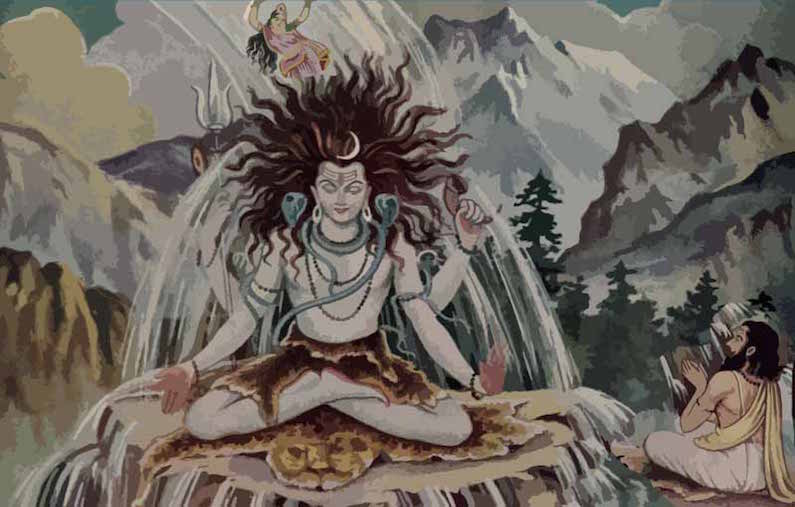
by Zabaan | Jun 24, 2015 | Ancient Greek, Classical languages, Sanskrit
In an earlier article entitled Father sky in ancient Greek and Sanskrit the word designating the ancient Indo-European deity presiding over of the heavens has been discussed in connection with the very close correspondences between the declension of the word sky in...

by Zabaan | Jun 22, 2015 | Classical languages, Hindi, Hindu Mythology, Sanskrit
Apart from bringing relief from summer’s toasting dry heat and filling the air with the heavy perfume of jungle – a cushion for the muffled cries of birds – rain is also a force that calls forth from us that most essential of human qualities: adaptability. By...

by Zabaan | Jun 19, 2015 | Classical languages, Sanskrit, Yoga
This is the first in a series of articles intended for all those with an interest in yoga and in widening their understanding of Sanskrit words used in connection with its practise. Yoga has now for a long time been one of India’s best known export goods...

by Zabaan | Jun 17, 2015 | Ancient Greek, Classical languages, Old Norse, Sanskrit
This article is intended as a follow-up to yesterday’s article entitled Sanskrit words for animals: haikus of first impressions. Its subject is a device employed in traditional Germanic verse, such as the poetry produced by the Anglo-Saxons or of their...

by Zabaan | Jun 16, 2015 | Classical languages, Sanskrit
Sanskrit has many words for animals and trees that do nothing else than describe one of their characteristic features. These words always consist of a noun or adjective, to which the shortened form of a root is added (for this process c.f. the article...

by Zabaan | Jun 15, 2015 | Classical languages, Sanskrit
The word avatar is certainly, and especially since the advent of 3D cinema, one of the most commonly known Sanskrit words among people who otherwise have no dealings with the classical language of India. It is true, the word has by itself an ominous aura of...






